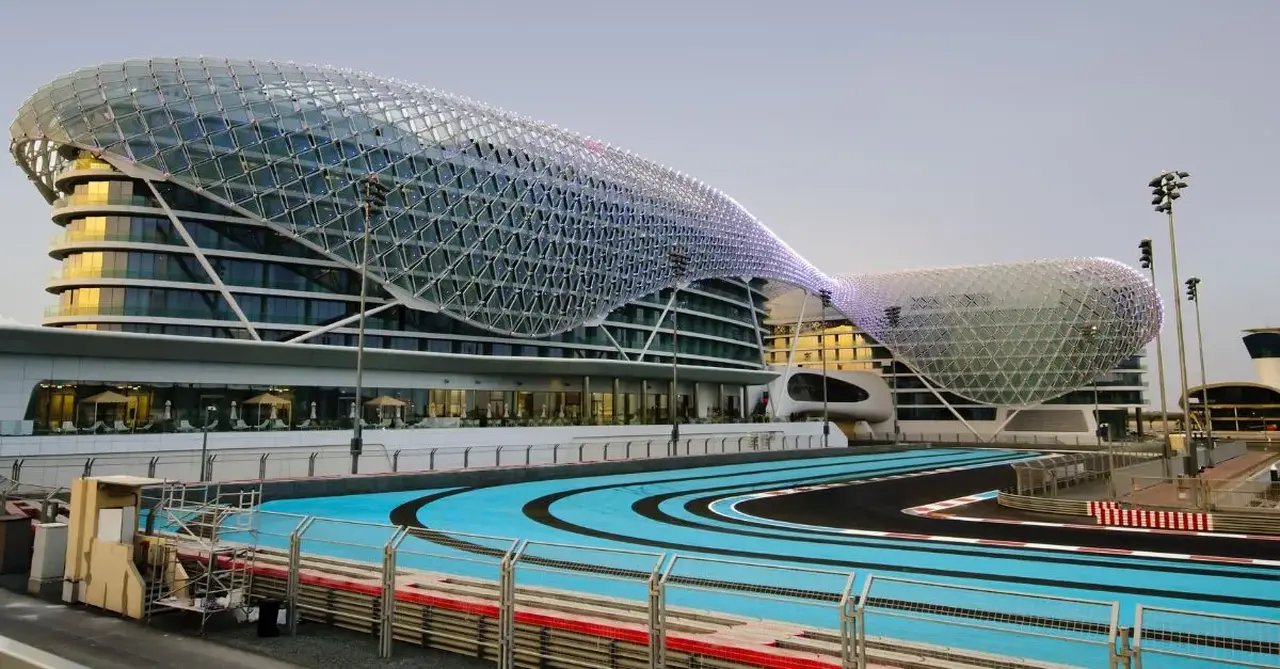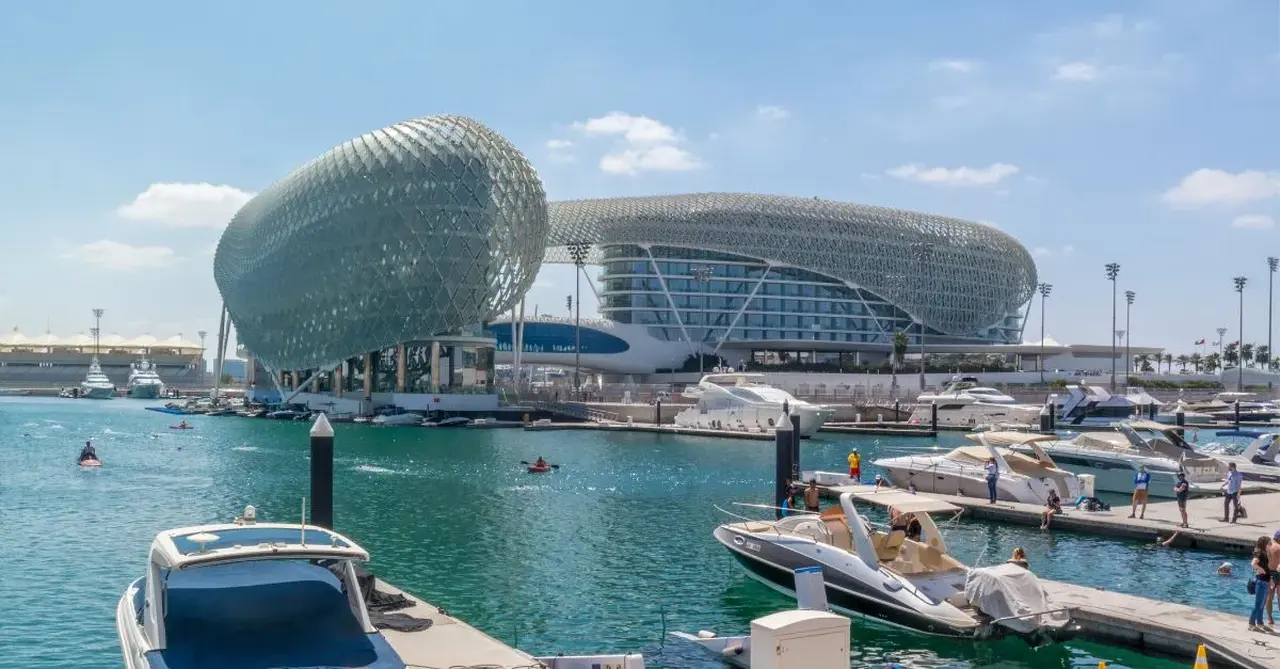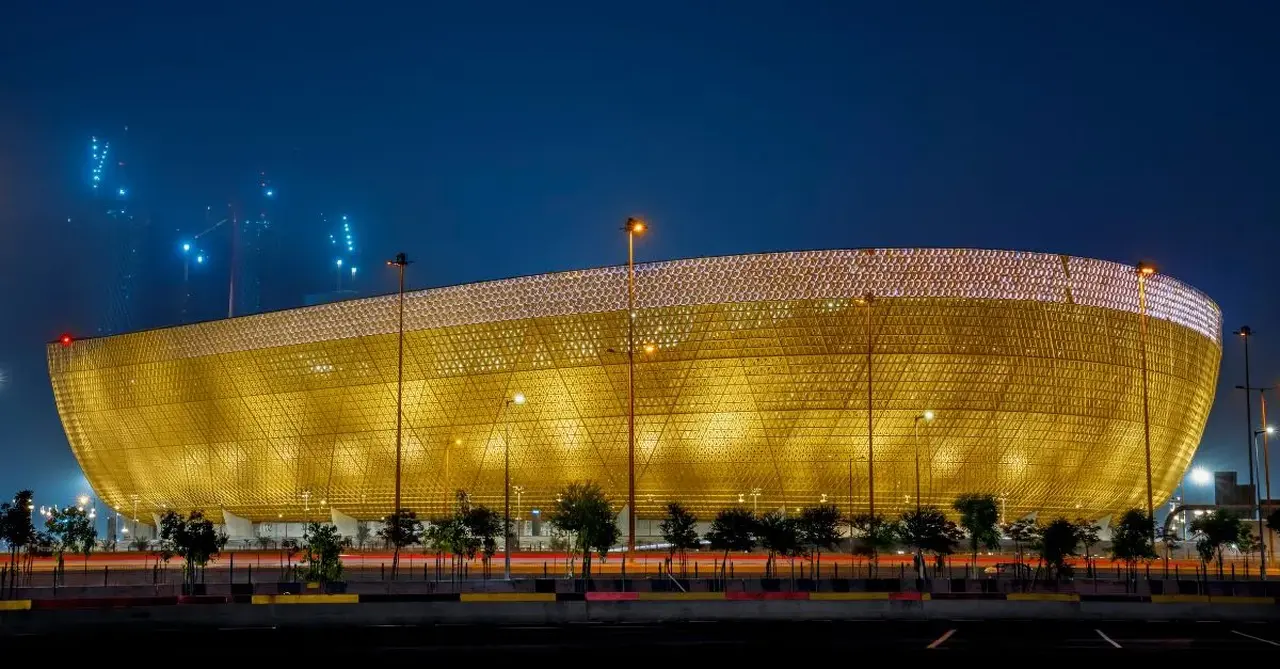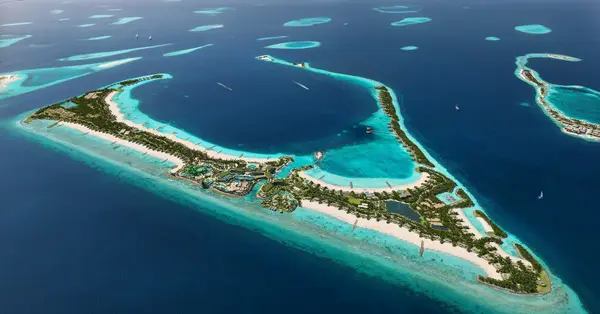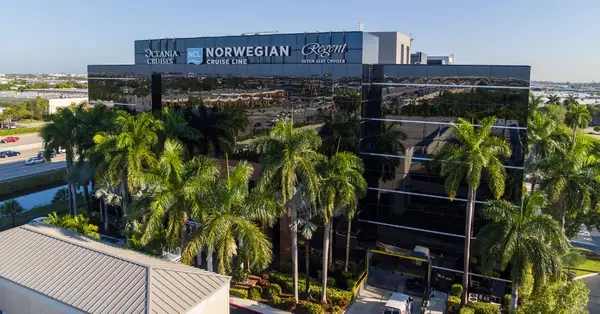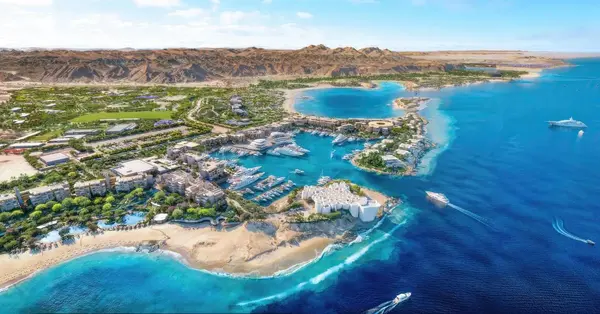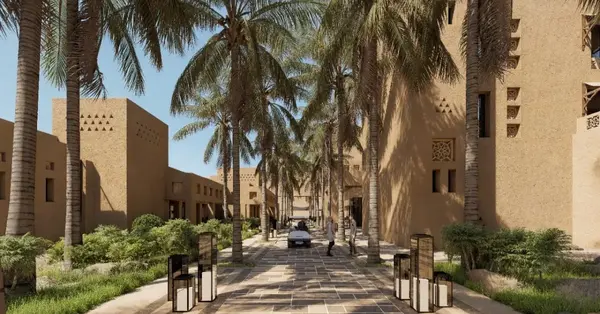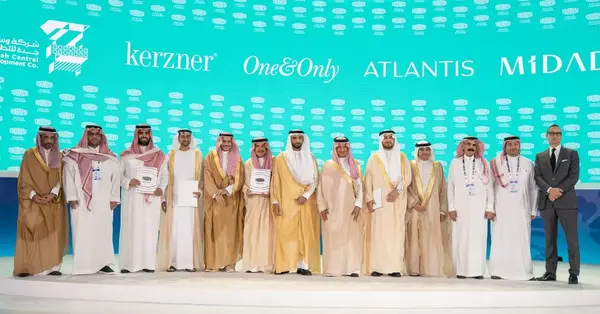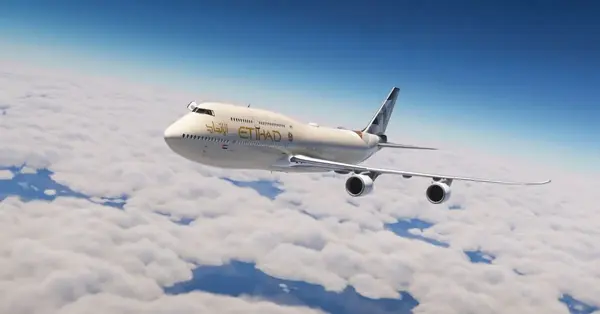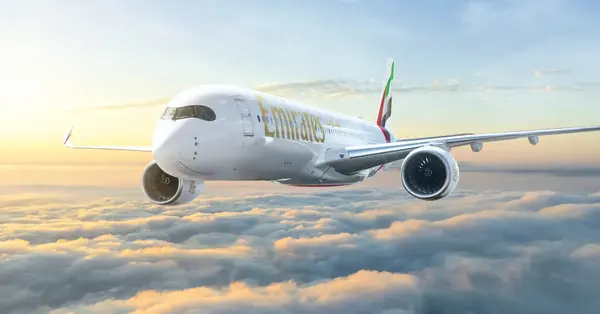Middle East to lead sports tourism boom, says Kearney
Report sees Saudi, Qatar and UAE tapping US$600bn market
A new report by consultancy Kearney has identified the Middle East as the region best-positioned to take advantage of the US$600 billion global sports market, and the significant impact that has on tourism.
UN Tourism says sport generates around 10% of global expenditure on tourism and is one of the fastest-growing sectors.
The opportunity is clear. A recent survey from Hyatt said 45% of UAE travellers would plan entire holidays around sporting events, take part in 12 activities and attend seven events on average in the next year.
Currently valued at US$417 billion, Kearney expects global sport to be worth US$602 billion by 2030, driven by three key factors: the rise of women’s sports, new sport formats and the emergence of the Middle East for sporting investments and events.
“The Middle East isn’t just investing in sport, it’s reimagining its purpose," said Roland Nikolaou, Head of Football for MENA and APAC at IMG, talking to Kearney.
The region is no stranger to hosting global sporting events, with Qatar home to the 2022 FIFA World Cup and four GCC countries (UAE, Bahrain, Qatar and Saudi) hosting annual Formula 1 races.
The Formula 1 Abu Dhabi Grand Prix has had a transformative impact on the city’s tourism, driving a 34% surge in international visitor spending and attracting 133,000 visitors from 178 countries during the 2024 event alone. The event has consistently boosted international arrivals, particularly from Europe, and pushed hotel rates up by as much as 170% compared to non-race weeks.
The UAE has also hosted major golf, tennis and horseracing events for decades, drawing in visitors from around the world.
Saudi, the UAE and Qatar are leading on sport in the region, backed by government investment and large-scale infrastructure developments that other regions simply cannot match.
This could see the formation of a regional sports hub, positioning the GCC as a year-round destination for sports fans and participants, set to be boosted by the upcoming introduction of the Grand Tours Visa allowing tourists to visit all six Gulf countries on just one visa.
Kearney says sport gives cities and countries a global platform to broadcast their destinations and cultures worldwide, engage young populations and market themselves for future holidays.
RELATED:
Saudi hospitality sector sees record double-digit growth
19% rise in Saudi Arabia inbound tourism spend
360,000 cruise passengers visit Qatar
Saudi Arabia investing heavily in sports
Saudi is in pole position. Under Vision 2030, the kingdom tens of billions of dollars in sports infrastructure, events and digital innovation to become a global centre for gaming esports, and this is already having an impact.
Minister of Sports Prince Abdulaziz bin Turki bin Faisal reported that over the past four years, 80 international sporting events attracted 2.5 million tourists to Saudi, contributing to the kingdom’s highest-ever number of inbound tourists (30 million) in 2024, an 8% rise on 2023.
Added to this, the Saudi football league is broadcast in more than 160 countries.
The upcoming 2034 FIFA World Cup is poised to be a gamechanger for the kingdom, just as hosting the 2022 tournament put Qatar on the global map, attracting more than 1 million international visitors for the four-week event.
Since then, Qatar has sustained remarkable tourism growth, with international visitors jumping from 2.6 million during the World Cup year, rising to 4 million in 2023 and surpassing 5 million in 2024, a 25% increase over the previous year.
Beyond traditional sporting events
But it’s not just traditional global sporting events putting the Middle East front and centre.
Gaming, including playing sports-themed video games, is booming, with Kearney saying its share of sports industry revenue has grown by nearly 50% in 10 years.
Again, the Middle East is tapping into the next generation of sports fans by hosting international tournaments, including the Esports World Cup which is currently being held in Riyadh over six weeks featuring more than 2,000 professional players from 200 countries.
And in the UAE, which was a regional pioneer in hosting high-profile sporting events, the world’s first football-inspired theme park – Real Madrid World – opened in November 2024. With more than 40 indoor and outdoor adventures and entertainment destinations, guests can enjoy a variety of interactive games and activities.
Roland Nikolaou added: “As the lines blur between competition, entertainment and culture, the region is pioneering new models that could redefine how the world engages with sport in the digital age. With a blend of visionary policy, technological ambition and cultural confidence, [the Middle East] is positioning itself not as a follower of global trends, but as the architect of sport’s next chapter."
For more information, visit www.kearney.com

